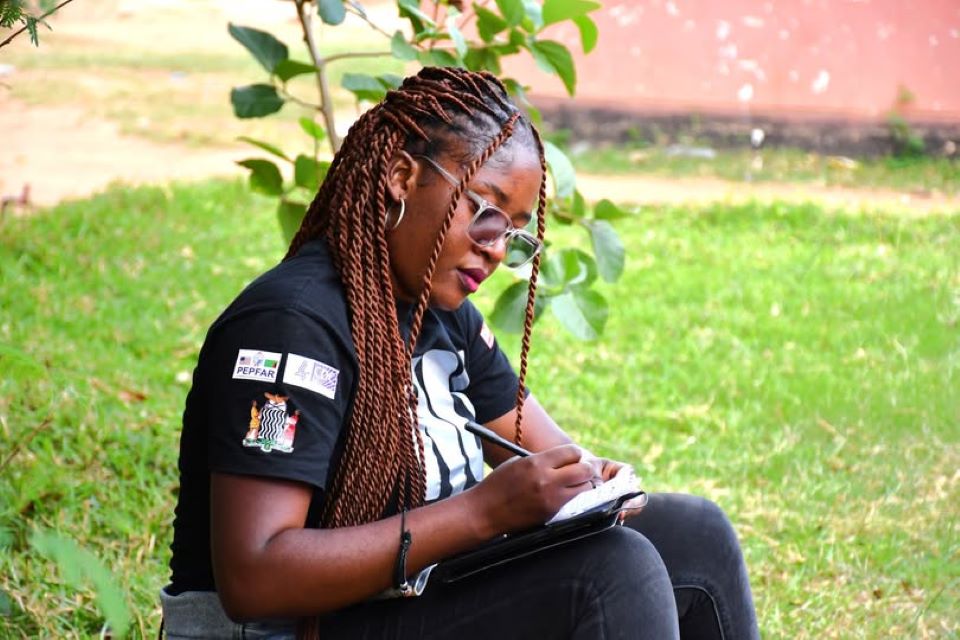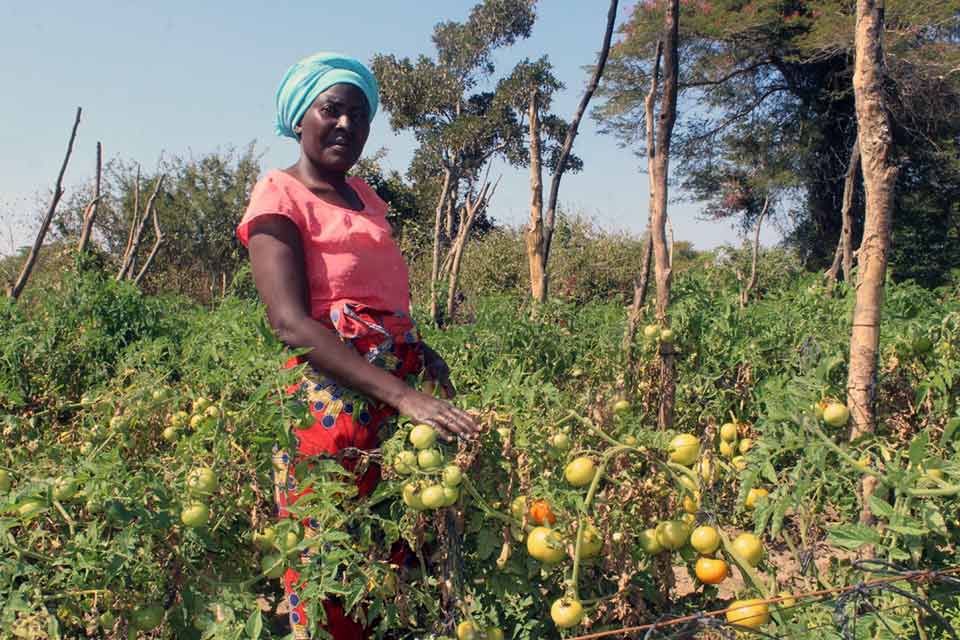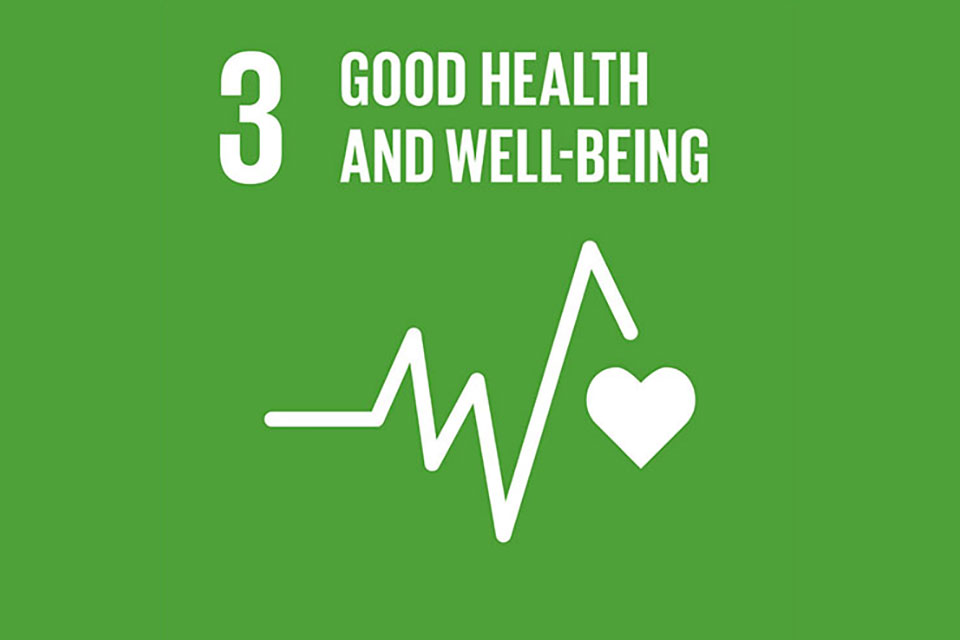Grace Namwinga, an HIV Prevention Officer for DAPP OVC in Eastern and Western provinces, has encountered many children facing real challenges as they grow up. In the communities, she observed that boys were often taught that being a man meant fighting or controlling others. At the same time, girls were at risk of sexual violence and often lacked the knowledge and skills to protect themselves.
“To respond to these challenges, we coordinated two programs through DAPP Zambia under the OVC program, working closely with schools, parents, and community mentors. In the ‘𝐂𝐨𝐚𝐜𝐡𝐢𝐧𝐠 𝐁𝐨𝐲𝐬 𝐢𝐧𝐭𝐨 𝐌𝐞𝐧’ program, sports teachers worked with boys aged 10 to 14 through football and weekly sessions. We trained physical education teachers to lead the lessons and made sure boys were guided both at school and at home. They learned that respect and responsibility are better choices than anger or violence. The second program was ‘𝐍𝐨 𝐌𝐞𝐚𝐧𝐬 𝐍𝐨’, for girls aged 10 to 14. They learned how to recognize danger, say ‘No’ firmly, and defend themselves if needed. We also worked with teachers and parents so the girls felt supported to speak out when facing abuse,” Grace said.
Gift Phiri is one of the 20,500 boys who participated in the Coaching Boys into Men program.
“I used to bully other children at school, and I believed girls were weak, so I would beat them. If I found a girl sitting at my desk, I would beat her so I could take the seat. At home, I refused to do chores like washing the plates and always said my sisters should do them. I was troublesome, but the ‘Coaching Boys into Men’ program has taught me that girls have rights and must be respected. I have changed, and my parents are happy with my behavior now,” Gift said.
“I am happy because my son’s behavior has changed for the better. Apart from learning good behavior, he is now a skilled footballer. Before, he used to trouble me a lot, and even his sisters complained about him because he never respected females and often said hurtful things. We even received reports that he was beating girls in class, and he never liked peace. But since he joined the program, everything has changed. His sisters are now happy with him, and they have even nicknamed him ‘Pastor,' Agnes Tembo said [Gift’s mother]
Girls are now saying “𝐍𝐎” with confidence and protecting themselves, and a 15-year-old Tamara Mbewe is one of the 20,000 girls who have taken part in the No Means No program since it started in 2022.
“Before joining the program, I felt helpless whenever I was harassed. I didn’t know how to protect myself, so I would stay quiet, cry, or feel too shy to speak out. After joining, I gained confidence and practical self-defense skills. Now I know how to use my body to defend myself, raise my voice to say ‘No,’ and report abusers to my parents, teachers, or the GBV center. Today, I feel strong, courageous, and able to protect myself from harassment,” said Tamara.


